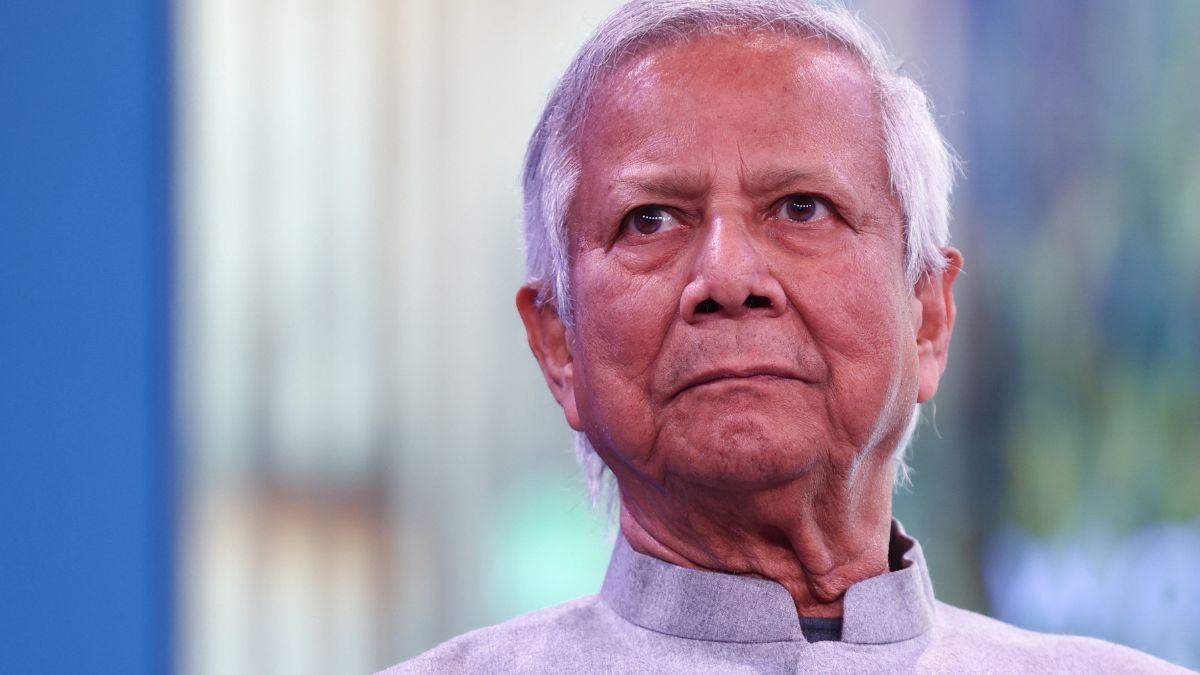Bangladesh’s weak tax revenue continues to hinder its development and raises concerns that the country could be heading toward a foreign debt trap.
According to a Nikkei Asia report, in the fiscal year ending in June, tax revenue accounted for just 6.7% of GDP, a drop from 7.39% the previous year.
As per the International Monetary Fund, a minimum tax-to-GDP ratio of 15% is necessary to sustain economic growth and meet development targets. By comparison, the average ratio across the Asia-Pacific region is 19.6%.
Total government revenue — which includes taxes as well as income from sources like fines and state-owned enterprises — fell to 7.69% of GDP, down 0.5 percentage point, despite a 6.02% increase in overall revenue.
Meanwhile, the country’s foreign debt climbed to $74.34 billion during the same period, marking an 8% rise from the previous year, added the report.
“Unless domestic revenue collection increases, there is no chance of avoiding a debt trap,” Nikkei Asia quoted Towfiqul Islam Khan, senior research fellow at the Center for Policy Dialogue (CPD) think tank, as saying.
Economists say the drop in domestic revenue wasn’t surprising, given the political unrest and economic slowdown in 2024. Despite tax collection growing by up to 20.6% in recent years, chronic issues like corruption, weak enforcement of tax laws, and the absence of automatic deductions continue to undermine revenue efforts.
Impact Shorts
More ShortsAccording to the World Bank, Bangladesh’s tax-to-GDP ratio has remained stuck between 7% and 8% from fiscal 2017 through 2024.
While the interim government has stabilised the fragile economy by rebuilding foreign reserves, curbing inflation, and restoring confidence in the banking sector, it has failed to significantly boost the tax-to-GDP ratio.
According to the report, the growing reliance on foreign debt is largely due to a record $3.41 billion in budget support loans, following a massive revenue shortfall of 834.96 billion taka ($6.8 billion) in fiscal 2025. This shortfall is equivalent to three months of total domestic revenue collected by the National Board of Revenue.
Over the past five years, public foreign debt has surged by 46%. To bridge the budget gap, the government has also leaned heavily on the domestic banking sector, crowding out private borrowing.
As a result, private sector credit growth fell to just 6.4% in June — the lowest in 22 years — dampening both investment and job creation, added the report.
Bangladesh’s total debt is projected to hit $190.08 billion by the end of this fiscal year, nearly five times its tax revenue target of $41.24 billion, according to Nikkei Asia, citing the Ministry of Finance.
Between July 2024 and March 2025, the debt-to-GDP ratio rose by 2.22 percentage points year-on-year. Interest payments are also climbing: $1.82 billion is projected for foreign loans and $9.26 billion for domestic borrowing in fiscal 2026. Roughly 22% of projected revenue is now earmarked for interest payments alone.
Weak tax revenue is straining Bangladesh’s ability to pay import bills and service debt. The World Bank and IMF have downgraded the country’s debt sustainability rating from “low risk” to “moderate risk.”
“Improving domestic revenue mobiliaation is one of the major challenges of the interim government,” Nikkei Asia quoted Finance Ministry head Salehuddin Ahmed as saying.
“The government is being forced to compromise on priority sectors like health and education due to poor revenue mobilisation.”
Public spending stood at just 12.7% of GDP in fiscal 2025 — among the lowest globally — and has been further cut for fiscal 2026. Health spending dropped to 0.67% of GDP and education by 0.16 percentage point. Experts warn this austerity could slow growth, reduce jobs, and jeopardize Bangladesh’s planned graduation from least-developed country status in 2026.
NBR Chairman Abdur Rahman Khan cited inefficiencies, a large informal economy, and corruption for poor tax collection.
“We haven’t digitized the tax collection system yet. Retail VAT collection is flawed — consumers are paying VAT, but the funds are not reaching the public exchequer,” he told Nikkei, blaming corruption among officials.
To reduce borrowing, the government is cutting interest rates on savings tools to curb domestic lending. It’s also taking tax policy away from the NBR to improve efficiency and reduce conflicts of interest, with reforms due by December. A World Bank-funded digitalization program is set to begin this year.
“There is no alternative but to significantly improve domestic revenue collection,” Ahmed said. “We must address the inefficiencies, digitalize the system and bring the untaxed economy within the formal net.”
But former World Bank economist Zahid Hussain warned, “Partial automation is being deliberately maintained to preserve discretionary power.”
With inputs from agencies
)